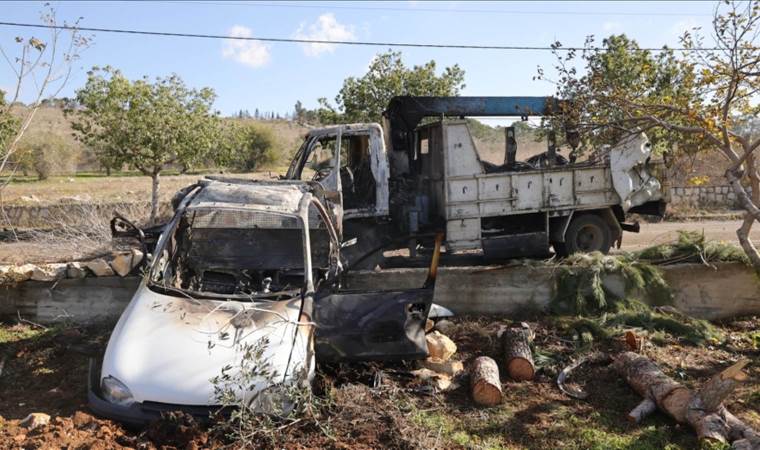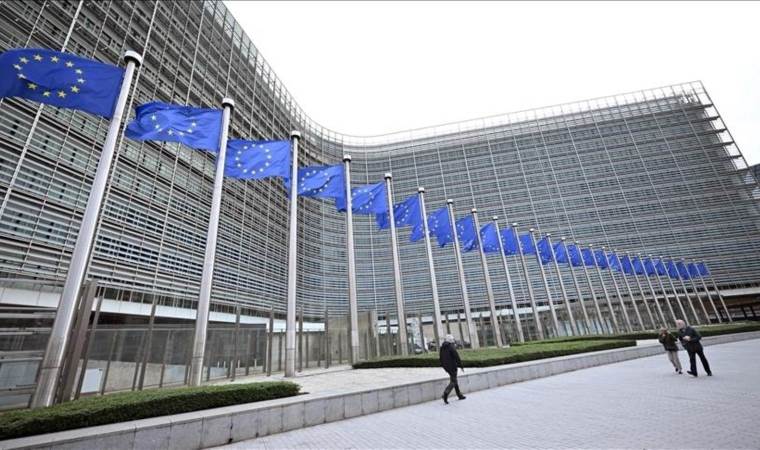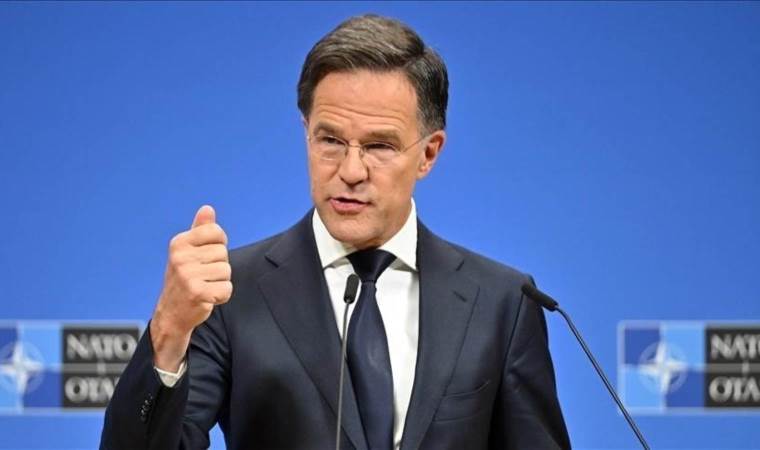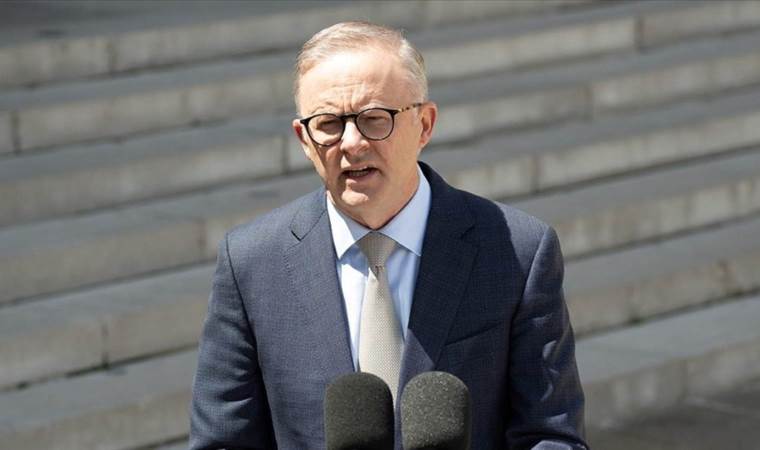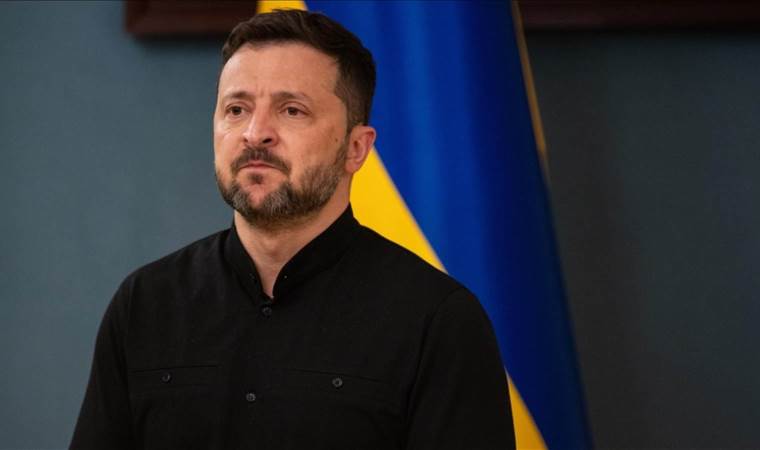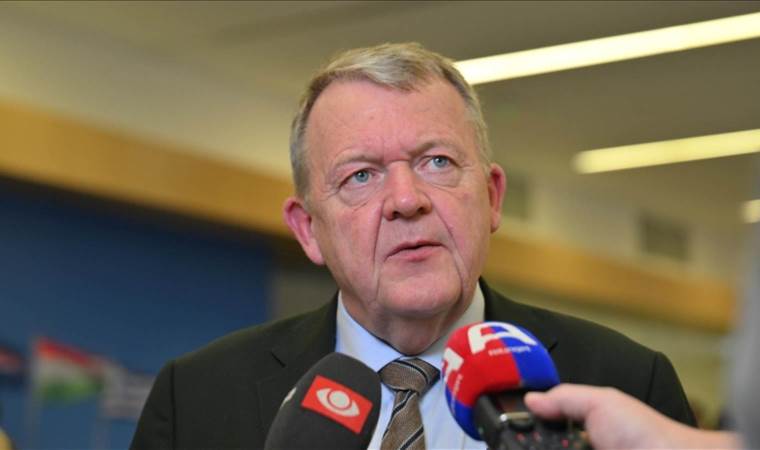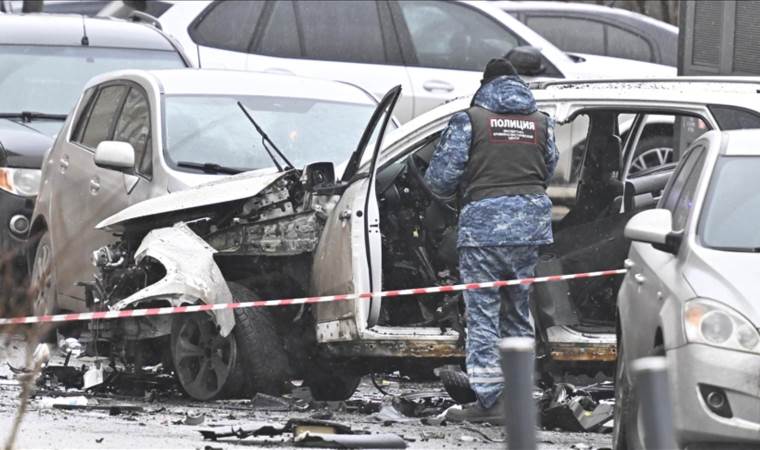Authors Columns of the Day Sport Guest Life All Authors
Has change and transformation commenced within the CHP?
It is possible to give a positive answer to this question. However, when considering the process that has begun, it is necessary to take into account some structural determinants.
One change, two uncertainties
As emphasized by all commentators, the CHP successfully replaced its executive team democratically, avoiding division. Will this experience establish a precedent for replacing the losing team as common in developed capitalist countries? Another query arises: Is this change in the CHP a bureaucratic event, or does it possess an ideological and cultural foundation? Has an old and unsuccessful team been replaced by a younger team, or is a team with a specific political understanding and program being substituted? There's an opinion that the new team is more open to the left and inclined to defend social democracy and secularism. Although dynamics suggest competing ideologies, cultures, and programs, their depths are not clear yet.
And some structural factors:
When evaluating the possibilities and limits of change, starting by examining three phenomena is necessary.
Firstly, a reminder: In countries where a single party dominates the executive for an extended period, researchers indicate the formation of permanent behavioral patterns and "perceptual locks" creating "path dependency" in political decision-making. Consequently, a "sticky status quo" can shape society, becoming increasingly difficult to change once established. Under conditions where the opposition is fragmented and fails to form an alternative to the government party, the "perceptual locks" formed strengthen, making the "status quo" stickier. The "monopolistic structures" established by the one-party government force those influencing politics to join or adapt to them. Once participation is achieved, seeking options outside this status quo is seen as inefficient and even "unrealistic."
One: For 20 years, society has lived under the deepening political regime of political Islam, which has become widespread economically and culturally. Two: The CHP, the main opposition party within this society, has been under the leadership of Kılıçdaroğlu for nearly 13 years, persistently leaning to the right and adopting elements of the discourse of political Islam, moving away from the founding tradition of the party in every election period. Three: In this life, the political elites and opinion leaders of the establishment gradually adapted to the styles, values, and institutions of the rent-centered accumulation processes of neoliberalism and later of political Islam. In other words, a generation grew up in a religious, authoritarian, neoliberal, and rent-seeking "Habitus," while the older generation gradually adapted to this "Habitus."
The Özgür Özel team is the product of the reality described above. Therefore, a real process of change and transformation will be shaped within the established "perceptual locks" and the "sticky status quo" and will attempt to break free from these influences. In my opinion, this process will either be blocked or will make progress in four areas: (1) Meeting the needs of the rent-based accumulation model in a symbiotic relationship with neoliberalism, imposed by international capital, and the needs of sharing the economic surplus among the parasitic classes of political Islam. (2) The cultural dimension of these needs is the field of liberalism attempting to destroy secularism by diluting it with discourses such as "libertarian secularism" and legitimizing the world of cults. (3) The efforts to "push out of politics" the leftist preferences shaped on the contradiction of labor and capital and to impose a shift to the right as the only option. (4) The field of the regime's attacks on rights (Kurds, women, LGBTI+) and freedoms and violations of rights.
To approach Özgür Özel and his team and their claims of change without prejudice, it is necessary to observe their practices in these four areas from today until the local elections in March.
Yazarın Son Yazıları All Columns
Günün Köşe Yazıları
Most Read News
-
 Millions affected by massive Internet outages in 2025
Millions affected by massive Internet outages in 2025
-
 3 killed in Israeli drone strike on southern Lebanon in
3 killed in Israeli drone strike on southern Lebanon in
-
 EU affirms Denmark's territorial integrity after US envo
EU affirms Denmark's territorial integrity after US envo
-
 Russia could keep Europe busy if China attacks Taiwan, w
Russia could keep Europe busy if China attacks Taiwan, w
-
 Australian premier apologizes over Bondi Beach shooting,
Australian premier apologizes over Bondi Beach shooting,
-
 Ukraine’s parliament to form working group on issue of h
Ukraine’s parliament to form working group on issue of h
-
 Denmark to summon US ambassador after Trump appoints spe
Denmark to summon US ambassador after Trump appoints spe
-
 Senior Russian general killed in Moscow car bombing
Senior Russian general killed in Moscow car bombing


